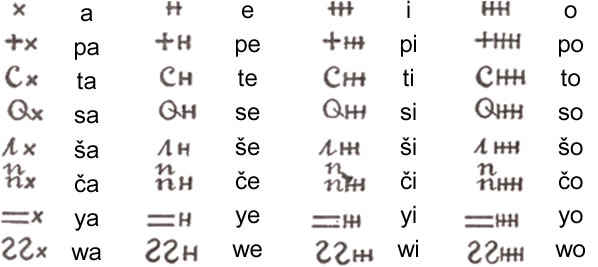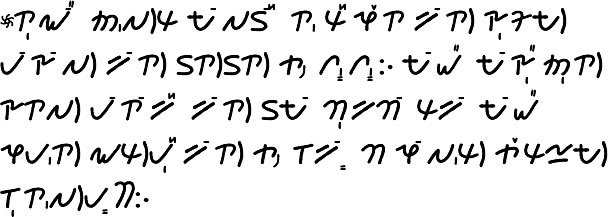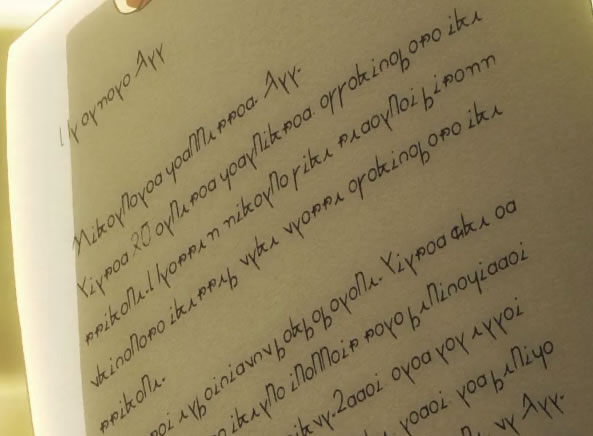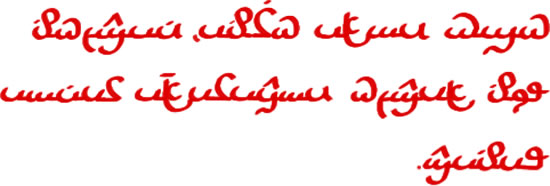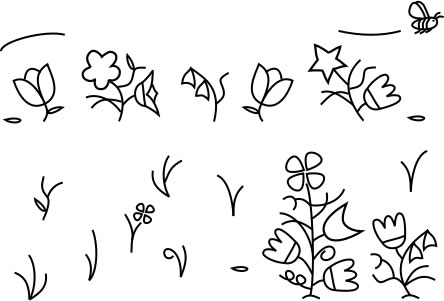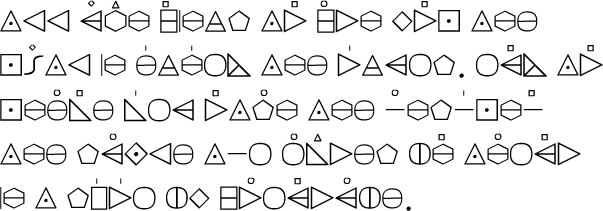Podcast: Play in new window | Download
Here’s the latest news from the world of Omniglot.
There are new language pages about:
- West Uvean (Fagauvéa), a Polynesian language spoken on the island of Uvea in New Caledonia.
- Krache (Krakye), a North Guang language spoken in eastern Ghana.
- Wayampi (Wajãpi), a Northern Tupí-Guarani language spoken in northern Brazil and the southeast of French Guiana.
New adapted script: Latvilica, a way to write Latvian with the Cyrillic alphabet created by Wojciech Grala
Виси цилвеьки пиеѕимст бриьви ун виенлиьѕиьги саваь пашциењаь ун тиесиьбаьс. Вињи ир апвелтиьти ар сапраьту ун сирдсапзињу, ун вињием яьизтурас цитам прет циту браьлиьбас гараь.
New numbers pages:
- West Uvean (Fagauvéa), a Polynesian language spoken on the island of Uvea in New Caledonia.
- Ndyuka (Aukans), an English-based creole spoken in parts of Suriname and French Guiana.
- Saramaccan (Saamáka), a Portuguese-based creole spoken in Suriname and French Guiana.
- Bislama, an English-based creole language spoken in Vanuatu.
On the Omniglot blog there’s a post entitled Singing Cows about the origins of the word bazooka, and there’s the usual Language Quiz. See if you can guess what language this is:
Here’s a clue: this language is spoken in southern Ethiopia
The mystery language in last week’s language quiz was Ravula (യേരവാ / ಯೇರವಾ), a Dravidian language spoken in Karnataka and Kerala in southern India
There are new Celtiadur posts about words for Wheels and Hard and related things in Celtic languages, and I made improvements to the posts about Hills and Elbows
In this week’s Adventure in Etymology we uncover the woody origins of the word Busk.
For more Omniglot News see:
https://www.omniglot.com/news/
https://twitter.com/Omniglossia
https://www.facebook.com/groups/omniglot/
https://www.facebook.com/Omniglot-100430558332117
You can also listen to this podcast on: Apple Podcasts, Amazon Music, Stitcher, TuneIn, Podchaser, PlayerFM or podtail.
If you would like to support this podcast, you can make a donation via PayPal or Patreon, or contribute to Omniglot in other ways.
Radio Omniglot podcasts are brought to you in association with Blubrry Podcast Hosting, a great place to host your podcasts. Get your first month free with the promo code omniglot.

